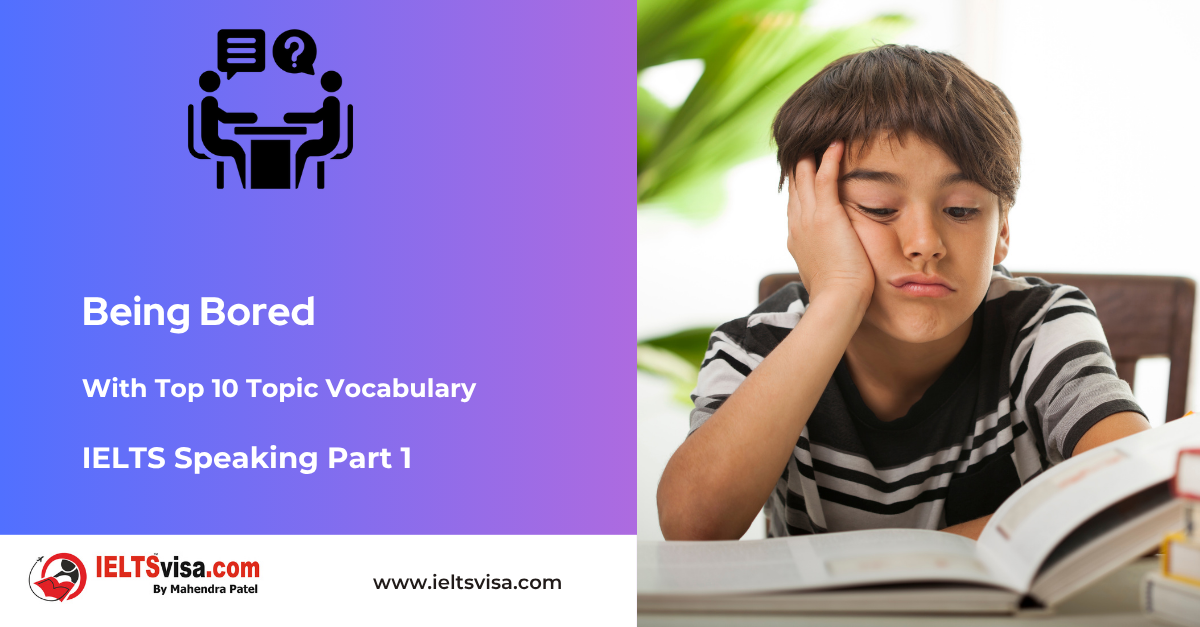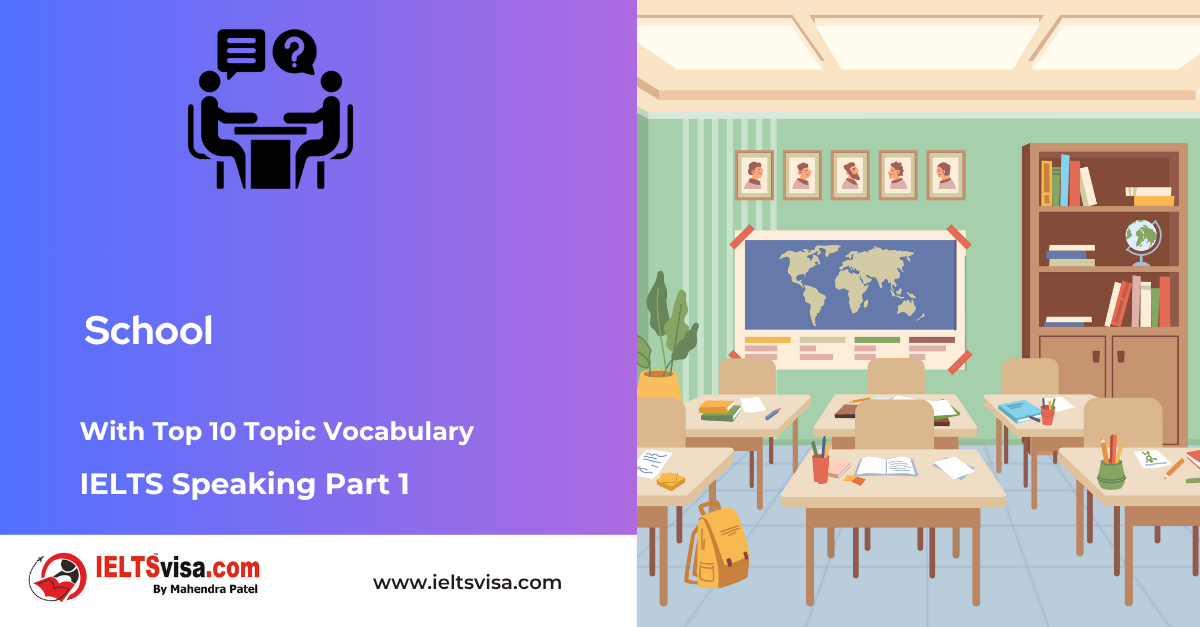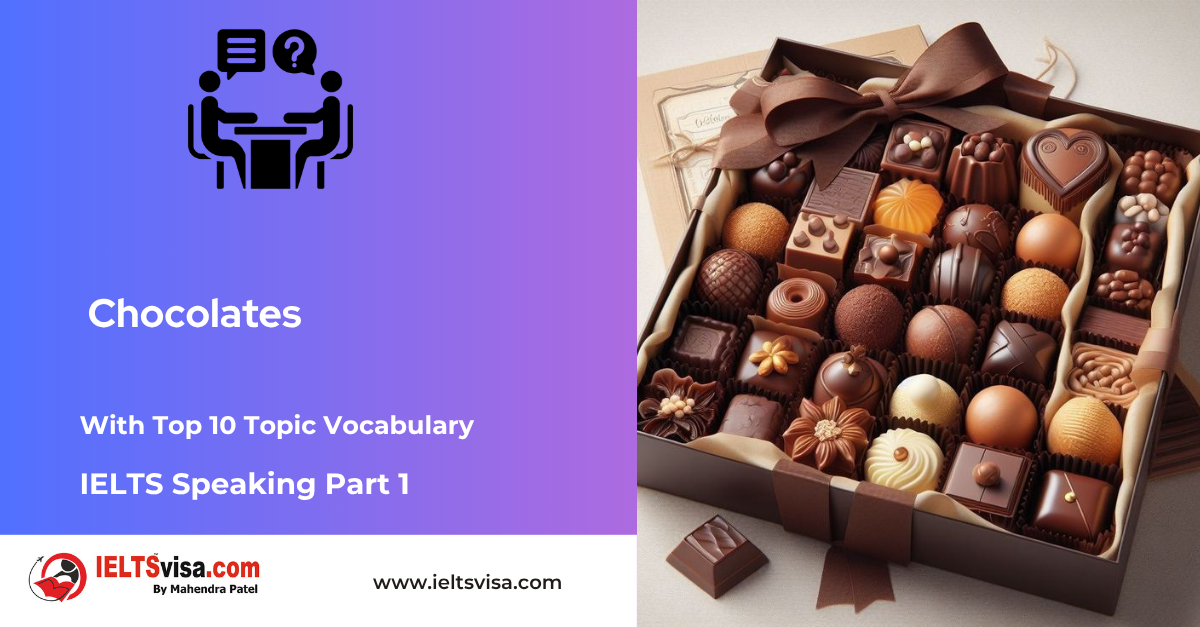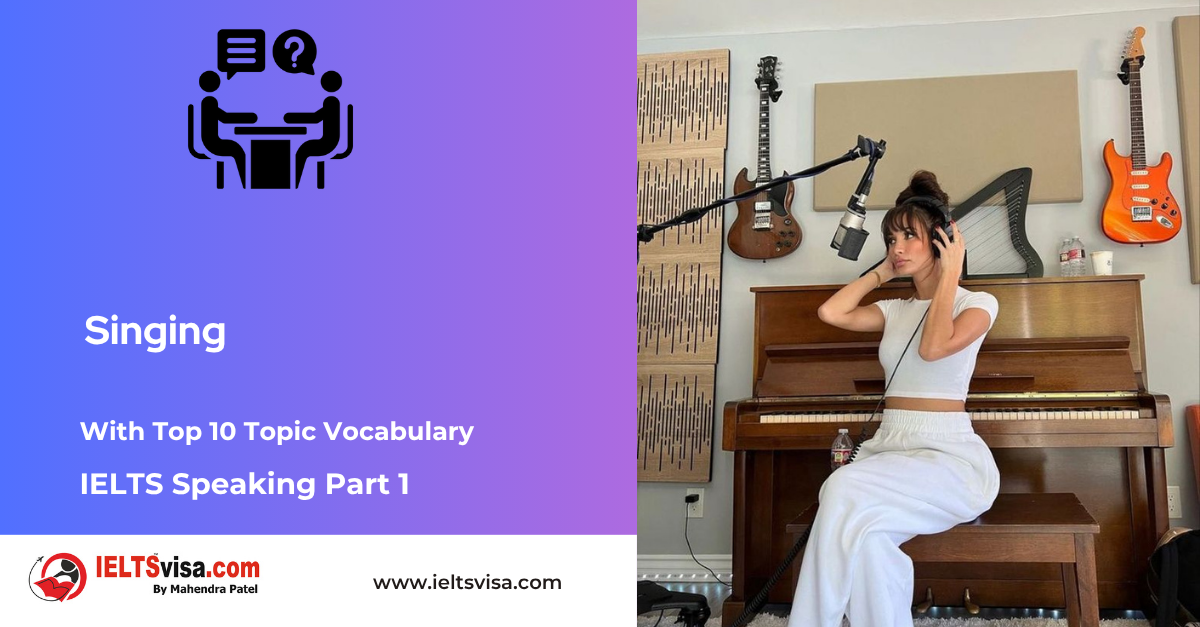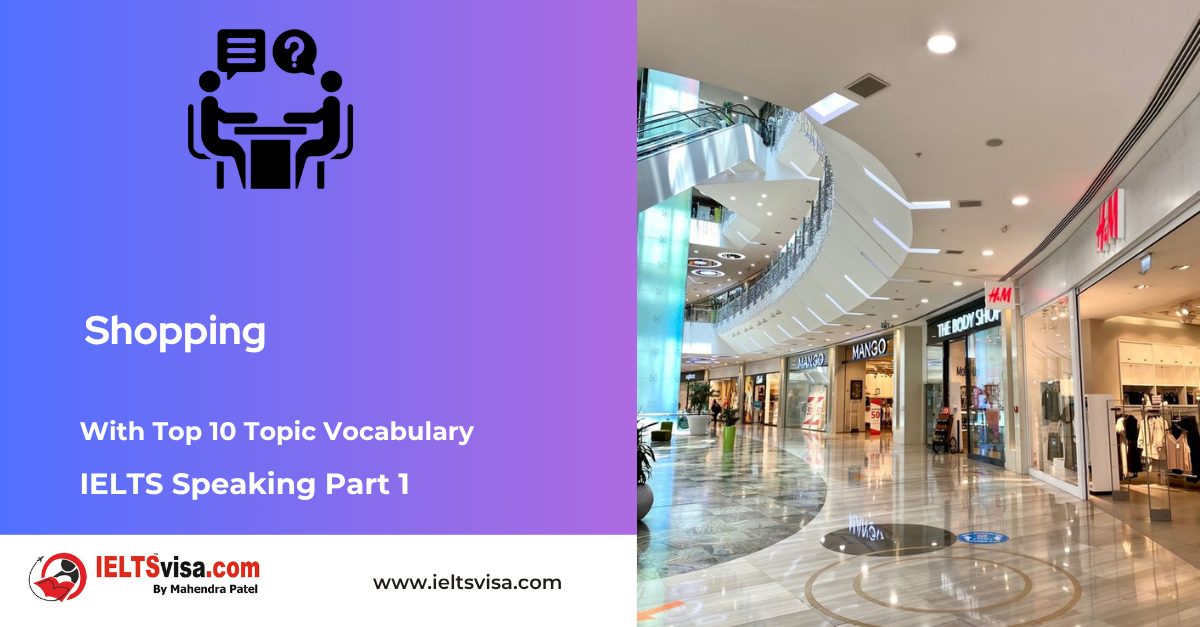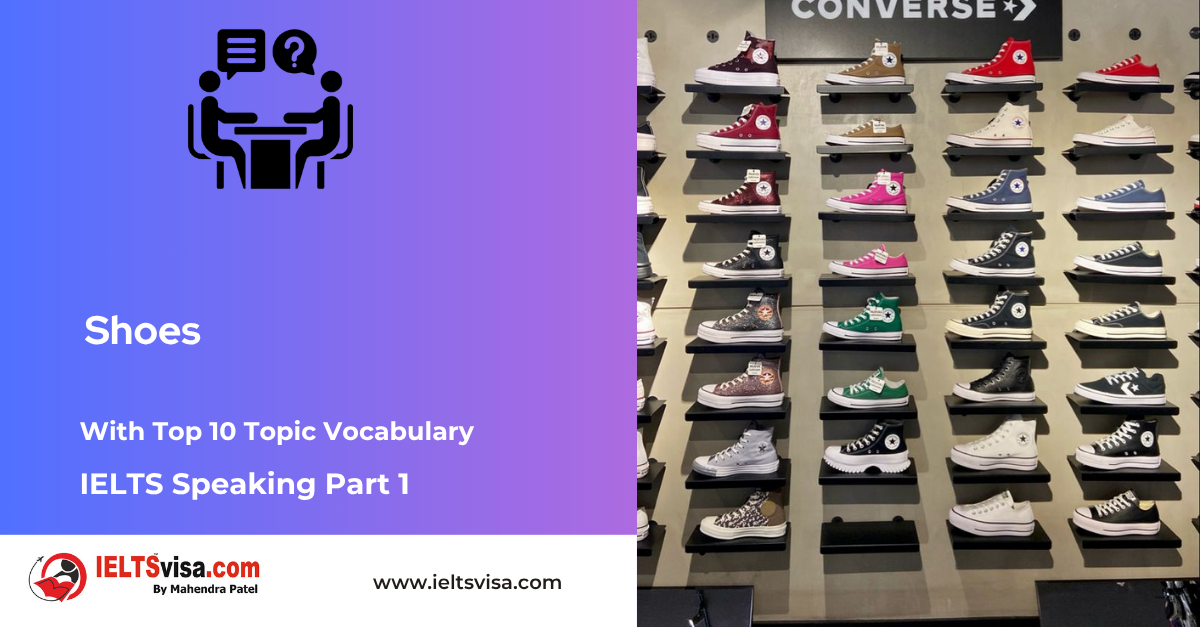IELTS Speaking Part 1 – Cakes
IELTS Speaking Practice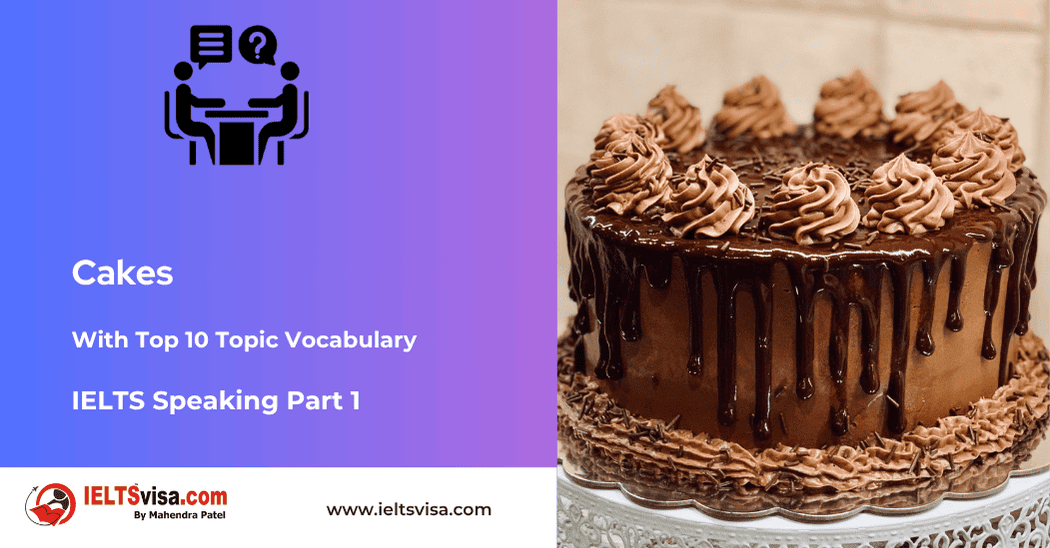
IELTS Speaking Part 1 – Cakes
Q1: Do you like eating cakes?
A: Yes, I love cakes, especially chocolate and red velvet. They’re my go-to dessert for birthdays and celebrations.
Q2: What is your favourite type of cake?
A: My favourite is cheesecake. I enjoy its creamy texture and slightly tangy flavour—it’s perfect with a cup of coffee.
Q3: When do you usually eat cake?
A: Mostly on special occasions like birthdays, weddings, or festivals. Sometimes, I treat myself to a slice after a long day.
Q4: Have you ever baked a cake?
A: Yes, I tried baking a sponge cake last year. It was a bit uneven, but it tasted great and felt rewarding.
Q5: Is cake popular in your country?
A: Yes, cakes are popular, especially among young people. You can find bakeries almost everywhere, selling a variety of flavours.
Q6: Do you think cake is a good gift?
A: Absolutely. A beautifully decorated cake can be a thoughtful and delicious gift for any celebration.
Q7: Do people in your country eat cake on special occasions?
A: Yes, especially on birthdays, anniversaries, and weddings. Cakes are often the centrepiece of the event.
Q8: Have your cake preferences changed over time?
A: Yes, as a child I liked very sweet cakes, but now I prefer lighter flavours like fruit or tea-infused cakes.
Q9: Do you prefer homemade or store-bought cakes?
A: I prefer homemade cakes because they feel more personal and fresh. But store-bought ones are great when you’re short on time.
Q10: Have you ever attended a cake-making class?
A: No, but I’d love to take one someday. Learning how to bake professionally is a fun and valuable skill.
Q11: Are cakes expensive in your country?
A: It depends. Simple cakes are affordable, but custom-designed or premium cakes can be quite expensive.
Q12: What ingredients are commonly used in cakes in your culture?
A: Most cakes use flour, sugar, eggs, and butter. Some traditional cakes also include cardamom, saffron, or coconut.
Q13: Do you think eating cake is healthy?
A: Not really. Cakes are high in sugar and fat, so they should be eaten in moderation. But an occasional treat is fine.
Q14: What’s the most beautiful cake you’ve ever seen?
A: Yes, drawing and writing help a lot. They keep me engaged and give me a sense of accomplishment.
Q15: Would you like to run a bakery in the future?
A: Yes, because boredom is part of life. If we don’t manage it well, we might waste time or turn to unhealthy distractions.
Top 10 Topic Vocabulary for “Cakes”
|
Vocabulary |
Type |
Meaning |
Synonyms |
Word Family |
Example Sentence |
|
Frosting |
Noun |
A sweet topping spread over cakes |
Icing, Glaze |
Frost (v), Frosted (adj) |
The chocolate cake was covered in rich buttercream frosting. |
|
Sponge Cake |
Noun |
A light, airy cake made with eggs, sugar, and flour |
Light cake |
— |
I baked a vanilla sponge cake for my friend’s birthday. |
|
Tier |
Noun |
A level or layer in a multi-level cake |
Layer, Level |
Tiered (adj) |
The wedding cake featured three beautiful tiers, each decorated with flowers. |
|
Whipped Cream |
Noun |
Cream is beaten until light and fluffy |
Fluffy cream |
Whip (v), Whipping (adj) |
Whipped cream makes fruit cakes taste even better. |
|
Confectionery |
Noun |
Sweet food items, especially baked goods or candy |
Sweets, Pastries |
Confection (n), Confectioner (n) |
The local confectionery sells a wide range of cakes and desserts. |
|
Moist |
Adjective |
Slightly wet in texture; not dry or crumbly |
Soft, Juicy |
Moisture (n), Moisten (v) |
The chocolate cake was moist and rich in flavour. |
|
Decoration |
Noun |
Designs or items used to make a cake look attractive |
Embellishment, Topping |
Decorate (v), Decorative (adj) |
Cake decoration requires a great deal of creativity and skill. |
|
Recipe |
Noun |
Instructions for preparing a particular dish |
Formula, Cooking guide |
— |
I followed an online recipe to bake a banana cake. |
|
Celebration Cake |
Noun |
A cake made specifically for an event or special day |
Party cake, Occasion cake |
— |
We ordered a celebration cake for our parents’ anniversary. |
|
Pastry Chef |
Noun |
A chef who specialises in baking cakes and desserts |
Baker, Dessert chef |
— |
I admire pastry chefs who can make edible art from cakes. |

Our Books
Master IELTS Speaking Part 1
IELTS Writing Task 1 Book
IELTS Writing Task 2 Book
Practice IELTS Other Modules
IELTS Listening
The IELTS Listening test assesses how well you can understand spoken English in various contexts. It lasts about 30 minutes and is divided into four sections with a total of 40 questions. The listening tasks become increasingly difficult as the test progresses.
IELTS Academic Reading
The IELTS Academic Reading section assesses your ability to understand and interpret a variety of texts in academic settings. It is designed to evaluate a range of reading skills, including skimming for gist, reading for main ideas, reading for detail, understanding inferences, and recognizing a writer's opinions and arguments.
IELTS Speaking
The IELTS Speaking test assesses your ability to communicate in English on everyday topics. It lasts 11-14 minutes and consists of three parts: introduction, cue card, and a discussion based on the cue card topic.
IELTS General Reading
IELTS General Reading tests your ability to understand and interpret various types of texts. Here are some key areas and types of content you can expect to encounter in the reading section, along with tips for effective preparation.
IELTS Academic Writing Task 1
In IELTS Academic Writing Task 1, you are presented with a visual representation of information, such as graphs, charts, tables, or diagrams, and you are required to summarize, compare, or explain the data in your own words.
IELTS General Writing Task 1
In IELTS General Writing Task 1, you are required to write a letter based on a given situation. The letter can be formal, semi-formal, or informal, depending on the prompt. Here’s a breakdown of the key components to include in your letter
IELTS Academic Writing Task 2
In IELTS Academic Writing Task 2, you are required to write an essay in response to a question or topic. Here’s a guide to help you understand the essential elements of this task
IELTS Exam Tips
To succeed in the IELTS exam, practice regularly, familiarize yourself with the test format, improve your vocabulary, develop time management skills, and take mock tests to build confidence.
Grammer for IELTS
Grammar is the foundation of effective communication in English. Understanding tense usage, subject-verb agreement, and sentence structure enhances clarity and coherence in writing and speaking.
Vocabulary for IELTS
Vocabulary plays a crucial role in the IELTS (International English Language Testing System) exam, especially in the Speaking and Writing sections. Here’s an overview of why vocabulary is important and how it impacts your performance
RECENT IELTS SAMPLES QUESTIONS AND ANSWERS
IELTS Speaking Part 1 – Being Bored
IELTS Speaking Part 1 - Being Bored Q1: Do you often get bored? A: Sometimes, especially when I don’t have...
IELTS Speaking Part 1 – School
IELTS Speaking Part 1 - School Q. Did you like going to school?A. I enjoyed going to school. It was a place...
IELTS Speaking Part 1 – Cakes
IELTS Speaking Part 1 - Cakes Examiner: Do you like eating cakes?Candidate: Yes, I love cakes, especially...
IELTS Speaking Part 1 – Singing
IELTS Speaking Part 1 - Singing Examiner: Do you enjoy singing?Candidate: Absolutely! Singing is a great way to...
IELTS Speaking Part 1 – Shopping
IELTS Speaking Part 1 - Shopping Examiner: Do you enjoy shopping?Candidate: I enjoy shopping. It’s a fun...
IELTS Speaking Part 1 – Shoes
IELTS Speaking Part 1 - Shoes Examiner: Do you like buying shoes? Candidate: Yes, I enjoy buying shoes because...

